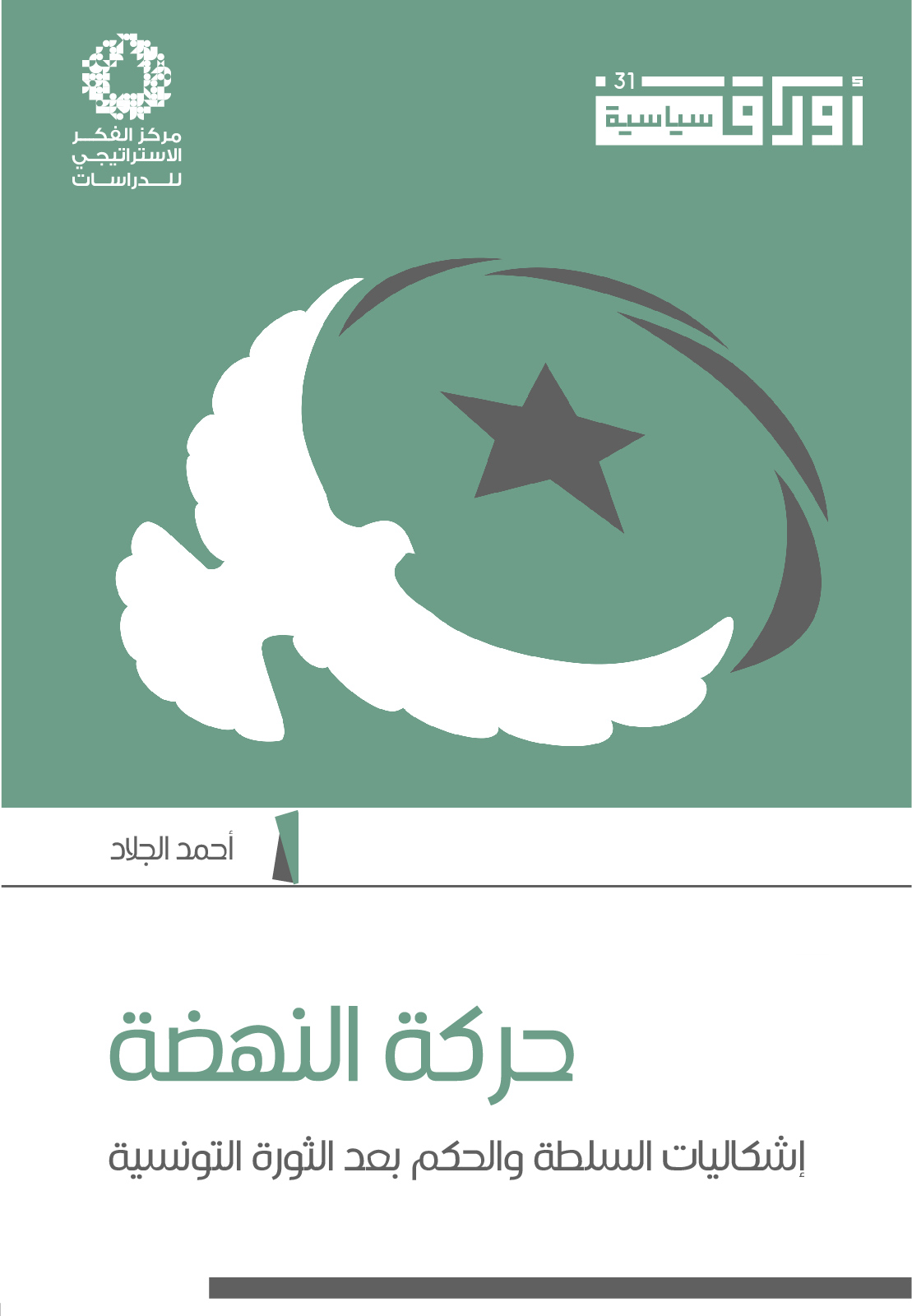Ennahdha Movement: Problematics of Authority and Rein after Tunisian Revolution
Original price was: 5,00$.4,00$Current price is: 4,00$.
Out of stock
Description
This study examines the internal and external contexts and factors that contributed to the emergence of Ennahdha Movement in Tunisia. This study proposes a deep analysis of the evolution of ideology, project and political discourse. It is, of course, an attempt to discuss the Ennahdha Movement role for supporting the democratization process after the revolution and the challenges that it faced. This research paper also explains the backgrounds of its leaders with a focus on their relations with the successive Tunisian political regimes from Bourguiba to Ben Ali, reaching the period after revolution. Finally, this study examines the Ennahdha Movement for supporting the post-revolution democratization process in Tunisia and its challenges. This study reviews the strengths and weaknesses of this movement, especially the recent period following the Tunisian revolution.
Additional information
| Weight | 0,5 kg |
|---|---|
| Dimensions | 19,5 × 13,5 cm |







